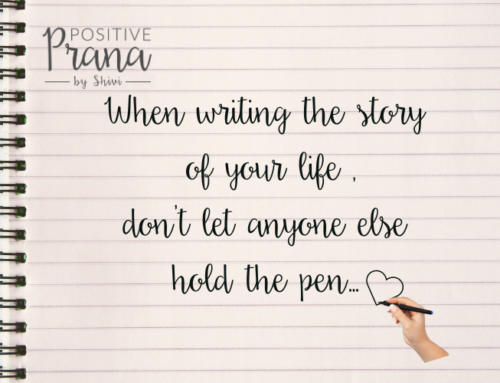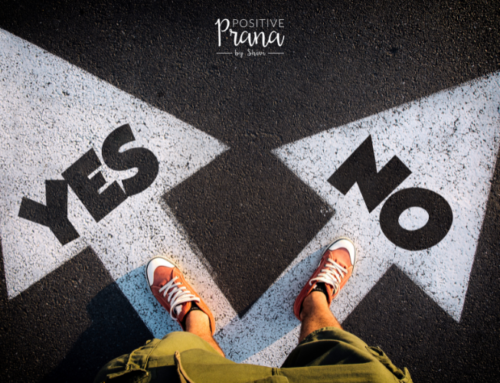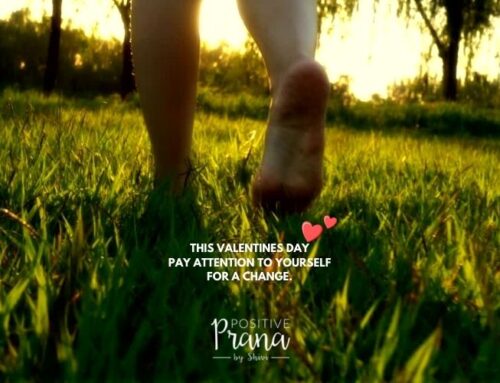FOMO is the fear of missing out; JOMO is the joy of missing out. And the two have been battling in our social brains for a long time now and thanks to Facebook, Instagram, and Tik Tok, this conflict has been brought to a whole new level.
Yes, technology, we want to collectively thank you for the gift of being able to tap a button on our phone to have a car, a hot meal, or a hot date (hey, we’re not judging) delivered right to our door. But what are we supposed to do when we are sent image after image of our school/college/work frenemy’s enviable bachelorette weekend or exotic destination getaway directly into our brain while our texting app sits ominously silent in our unexciting life?
The barrage of updates showing fancy trips, professional accomplishments, gorgeous, beaming children can undermine your own sense of accomplishment and well-being. Any situation where you find yourself feeling less-than compared to someone has the potential to conjure up insecurity according to Sullivan-Windt. With social media, like anything else, we’re primed to notice what’s wrong and why we’re not keeping up.
The Danger of FOMO
“Fear of missing out is, in some ways, a modern-day version of ‘keeping-up-with-the-Jones’,” says Cathy Sullivan-Windt, PhD, a licensed psychologist and founder of the New Connections Counseling Center. “With FOMO, one’s gaze is set on what others are doing, rather than being fully present where one currently is.”
You’ve probably noticed the ubiquitous signs of FOMO. Just look around. We all see people checking their phones constantly and being increasingly distracted. They’re afraid if they don’t keep looking at their screens, they might miss out on an experience, a relationship, or even a piece of information.
It’s a pretty deep-seated urge, but when you start to peel the layers back, you understand the basic issue. At the core of FOMO is often a phenomenon called social comparison. And, this isn’t a new problem. While we may have more tools than ever before to see into other people’s lives, science tells us that we’ve been comparing ourselves to others since the earliest days of our species—we’re talking pre-MySpace here. It just happens to be a lot easier to hold yourself up to everyone else now.
It’s also deeply damaging because it’s so impossible to avoid. “Life is a series of trade-offs and there is no way to be in all desirable experiences at all times,” says Sullivan-Windt. “Focusing on what you may be missing (FOMO) generally leads to disappointment, distraction, and dissatisfaction. FOMO is associated with negative things such as stress, sleep problems, and fatigue,” she says, and many studies concur.
The Upside To FOMO
“Before social media, people would hang out with one another and we wouldn’t know. Now we know every time we are not included—and that can sting,” says Lauren Cook, MFT, a clinician and Doctoral Candidate of Clinical Psychology at Pepperdine University.
So, if we all feel it, and we all do it, why do we keep plugging in? Is there any benefit to the feelings FOMO produces?
“In small doses, FOMO can be useful if it motivates someone to do something that is ultimately satisfying for them,” says Sullivan-Windt. One important distinction is whether you’re afraid of missing out on something or actually missing out on something. And, then what you do next. If the missing out spurs you to act, it can become a catalyst to meet new people, connect with other professionals, and get you out of your comfort zone.
But in general, both feeling and perpetuating FOMO have more negative effects than positive.
The only way to deal is to silence the FOMO and embrace the JOMO.
Read our blog on “The Shift from FOMO to JOMO”
(Adapted from Psycom)










Leave A Comment